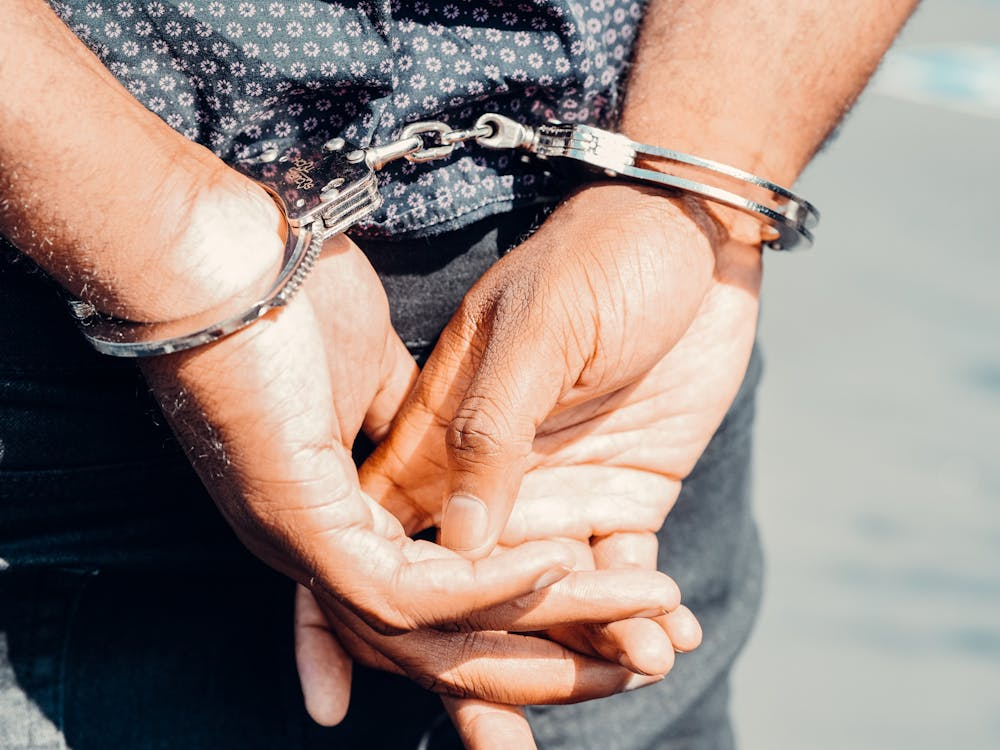Being arrested or imprisoned abroad can be a daunting and distressing experience for British citizens. However, knowing what steps to take and where to seek assistance can make a significant difference in navigating such challenging circumstances.
Whether you find yourself in this situation due to a misunderstanding, legal issues, or other reasons, it’s essential to stay informed and take proactive measures to protect your rights and well-being. Here are a few steps on what to do if you’re arrested or imprisoned abroad:
Inform the Authorities
As soon as possible, inform the local authorities, such as the police or prison officials, about your British citizenship and your desire for consular assistance. While it’s not mandatory to request consular assistance, doing so can facilitate communication with the British embassy or consulate and provide you with crucial support.
Seek Legal Representation
Obtain legal assistance from a local lawyer familiar with the legal system of the country you’re in. Discuss the costs involved before engaging their services, and inquire about the possibility of legal aid if needed.
Prioritise Health Concerns
Inform the authorities about any physical or mental health issues you may have, along with any medications you require. With your consent, the embassy or consulate can advocate for your health needs with the local authorities.
Contact the British Embassy or Consulate
If the local authorities haven’t informed the British embassy or consulate about your detention, request your family or friends to do so on your behalf. Alternatively, you can call the Foreign, Commonwealth & Development Office (FCDO) for assistance.
Consular Assistance
Once the embassy or consulate is notified of your situation, they will make an effort to contact you promptly to assess your circumstances. They may offer support through various means, including telephone calls, video calls, letters, emails, or in-person visits.
Family Communication
With your consent, the embassy or consulate can notify your family and friends about your situation. They may also facilitate communication between you and your loved ones, providing updates on your welfare as permitted by local regulations.
Find Legal and Language Support
Seek assistance from English-speaking lawyers and translators to help you understand legal proceedings and communicate effectively with authorities. Ensure clarity on costs and arrangements beforehand.
Financial Assistance
It is crucial to familiarise yourself with the rules regarding money transfers from friends and family. Each country has its own rules about these transfers, so it’s important to get to grips with what’s required. If you find yourself needing help, reaching out to the embassy or consulate can be a lifeline. They might be able to assist you with arranging money transfers, although there could be charges involved.
Managing your finances while you’re detained or imprisoned abroad can feel overwhelming, but getting to know the rules and seeking support from the embassy can make things easier.
Prisoner Transfer
If you find yourself arrested or imprisoned abroad, you may consider the option of transferring to a UK prison. This possibility exists under agreements between the UK and the country where you’re detained. However, it’s important to understand that this process isn’t automatic and requires agreement from both countries.
The transfer request involves navigating bureaucratic procedures and meeting specific criteria set by authorities. While being closer to home may seem appealing, it’s important to approach this option realistically. Factors such as the nature of your offence, the length of your sentence, and the availability of transfer agreements will influence whether this is feasible.
Complaints and Support
If you experience mistreatment or torture, report it to the embassy or consulate, who will advocate on your behalf while prioritising your safety. They can provide information on local complaints procedures and support you in seeking medical treatment or facility transfers if necessary.
Seek Additional Support
Explore resources offered by organisations such as Prisoners Abroad, Reprieve, Fair Trials, The Death Penalty Project, The Salvation Army, and The Prison Fellowship. These organisations provide various forms of assistance, including legal aid, health support, and reintegration services.
Final Thoughts
It’s crucial to remain vigilant about your rights and seek assistance whenever necessary. While being arrested or imprisoned abroad is undoubtedly challenging, knowing your options and having access to support networks can help navigate the situation effectively.
Remember that the British embassy or consulate is there to assist you and advocate for your well-being within the constraints of local laws and regulations.


